While the 2017 Regular Legislative Session ended in gridlock on the state budget, action on policy changes for the state and statewide retirement systems came to a desirable conclusion for the year.
Return to Work Legislation
HB 4 by Rep. Blake Miguez has been signed by the governor. The bill will allow retired school nurses to return to work after one year, subject to a 25% earnings cap. This bill brings school nurse return to work policy in line with other positions experiencing shortage and recruitment challenges to better serve students throughout Louisiana.
HB 31 by Rep. Frank Hoffman adds school psychologists to the list of "critical shortage" positions that qualify retirees to return to work without penalty after 36 months of retirement. The bill has been sent to the governor's desk for signature.
Firefighter Pension Legislation
Several bills positively impacting benefits for firefighters and their spouses successfully passed through the legislature this session. More information on those important bills for our first responders is available on our main legislation page. To view, click here.
Mergers and Pro-Privatization Legislation
SB11 by Senate Retirement Chairman Senator Barrow Peacock was aimed at merging the administration of two state systems in a manner that would have disenfranchised more than 25,000 school bus operators and other members of the School Employees Retirement System (LSERS) by abolishing their board. Through the hard work of the coalition, this bill stalled out on the Senate Floor. The bill, which promised no actuarial or long-term administrative savings, would have abolished the board of the system with the highest 10 year investment rating in the state of Louisiana. The coalition is very proud of our work to educate legislators on the positive attributes of both systems impacted by the proposed merger. Similar bills have been proposed at least three times in the recent past. The coalition has supported legislation that will strengthen the investment position of the systems, and provide a more sustainable retirement. SB11's fiscal/actuarial noted that it "may have an undeterminable cost to the state."
Lingering Questions and Issues for the Future
Taxing Retirement Income?
As Louisiana enters a special legislative session to address its pending fiscal cliff - its fifth fiscal session in just two years - "pro business" groups across the state continue to chatter about the possibility of taxing public retirement income. In a report issued this year, the coalition is fighting back against this dangerous policy proposal by demonstrating the impact of public pension income on local economies across Louisiana.
Fund Management - Ideology vs. Fiscal Policy
SB223 by Sen. Neil Riser failed to finally pass the legislature during the 2017 Regular Session. The bill would have prohibited certain investment decisions by certain state funds when deemed to support companies or nations that engage in "terrorism." Similar legislation dealing with investments of the state's deferred compensation system stalled out in the House - that bill dealt with investments that could be deemed to support the "enemies" of the State of Israel.
Such legislation would increase investment costs, as it would require a thorough review of mutual funds and other large scale investments that invest in hundreds of entities at once. Furthermore, such a policy, if applied to state and statewide retirement systems, could endanger a plan's IRS tax status. Similar "social construct" policies have been attempted in other states and have been deemed unconstitutional and violative of IRS tax policy, endangering the very existence of the systems themselves.
Proponents of this Louisiana-based legislation stated that it is their intent to make such policy apply to our state and statewide retirement systems in the near future. It will be important for the coalition to educate policy makers regarding fiscal dangers of such policies as we look towards the next regular legislative session.

